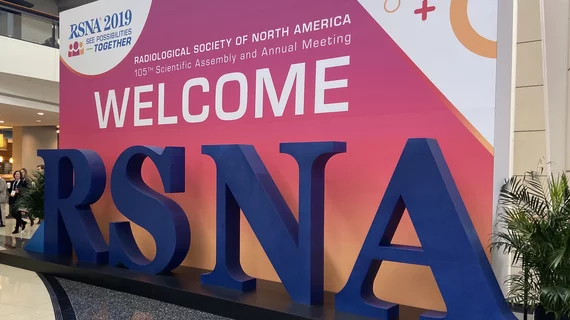RSNA expects more international attendees this year after U.S. relaxes COVID-19 travel restrictions
The Radiological Society of North America said it expects to see more international attendees at this year’s annual meeting after the White House announced Monday that it would soon loosen pandemic-related travel restrictions.
The Biden administration said foreign travelers will need to show proof of vaccination before boarding and a negative test for COVID-19 within three days of coming to the U.S., the New York Times first reported Sept. 20.
As a result, RSNA said it “expects” the move to increase international attendance at this year’s annual meeting taking place Nov. 28-Dec. 2 but couldn’t speculate by how much.
“We are pleased at the prospect of international travel restrictions being lifted,” Executive Director of the Oak Brook, Illinois, society Mark G. Watson told Health Imaging over email. “We have heard from many of our attendees from around the world that they are enthusiastic about getting back to Chicago for the RSNA meeting, and we look forward to welcoming them.”
The new policy would replace pandemic-driven bans imposed by the Trump administration in January 2020 that limited travel into the U.S. from Europe, China, Iran, and other countries. The White House said the new changes are slated to go into effect this November.
RSNA is requiring all attendees to show proof of vaccination and wear masks in all public indoor spaces during its 107th meeting. As of now, it has no plans to add more safeguards.
“At this time, all RSNA attendees, faculty and personnel are subject to the same health and safety protocols,” Watson said Monday. “We will continue to monitor recommendations issued by the CDC and state/local health authorities and will adjust protocols as needed.”

